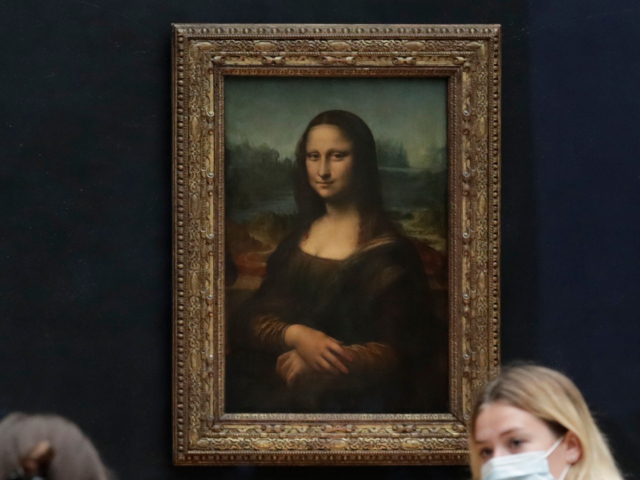
Mona Lisa
The latest attack on the picture occurred in late May in France. The vandal came up with such a plan that it could easily become a film adaptation. Before attacking Gioconda, the young man decided to make a mini-performance at the Louvre. He entered the museum in a black wig and in a wheelchair. When he came closer to the picture, he abruptly got up from his wheelchair, rushed to Mona Lisa, and threw a piece of cake at the glass protecting Mona Lisa. He shouted at people to think of planet Earth. The cake attack left a conspicuous white creamy smear on the glass but Leonardo da Vinci’s masterpiece was not damaged. However, this incident caused a wide public resonance. This was exactly what the attacker, an ardent eco-activist, wanted.
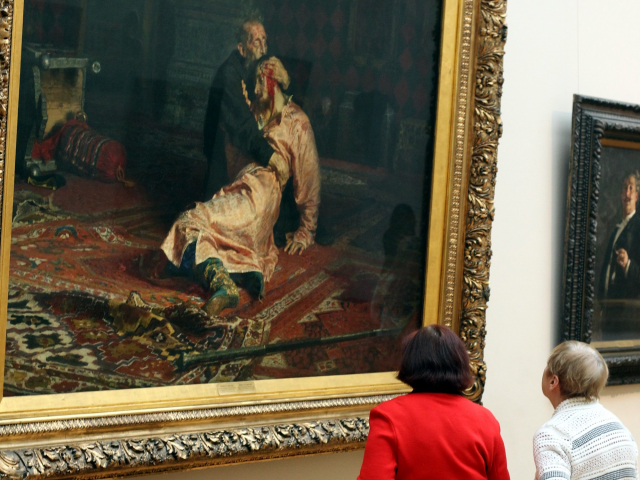
Ivan the Terrible and His Son Ivan
Ilya Repin's famous painting depicting a tragic episode - the murder of Tsarevich Ivan by his father, was attacked several times. The last attempt occurred in 2018. The picture seemed offensive to a drunk religious fanatic. Being outraged, he managed to damage severely the frame and canvas. The painting was under restoration for 4 years. The restored canvas was exhibited at the Tretyakov Gallery only in February 2022.
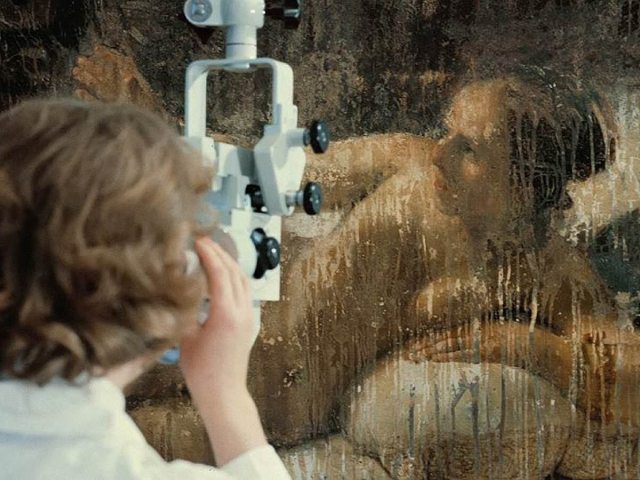
Danaë
The renowned Dutch artist, Rembrandt Harmens van Rijn, created the picture based on the Greek myth of Danae, the mother of Perseus, in 1636. After more than 300 years, the canvas was severely vandalized by Lithuanian Bronius Maigis. When he came on an excursion to the Hermitage, he first threw sulfuric acid on the canvas and then cut it twice with a knife. The restoration took 12 years, between 1985 and 1997. Later, the criminal confessed that by doing this, he protested against Lithuania being part of the USSR.
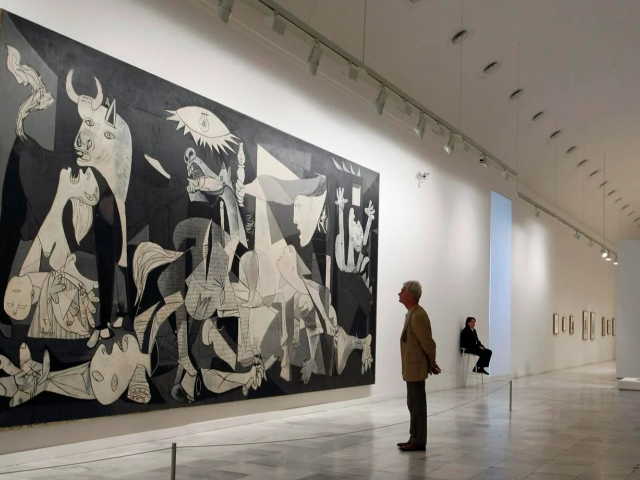
Guernica
Pablo Picasso’s enormous mural-sized canvas "Guernica" is one of the world's greatest anti-war paintings and an embodiment of peace. Despite being a universal anti-war symbol, the canvas was also attacked by a vandal. In 1974, a young artist Tony Shafrazi, who is currently a world-famous gallery owner, wrote with red spray the words 'Kill Lies All' on Picasso's painting. Shafrazi’s act was his reaction to President Richard Nixon’s pardoning of William Calley, the only US Army officer on trial for the My Lai Massacre in 1968 during the Vietnam War. The painting was not damaged thanks to the varnish layer.
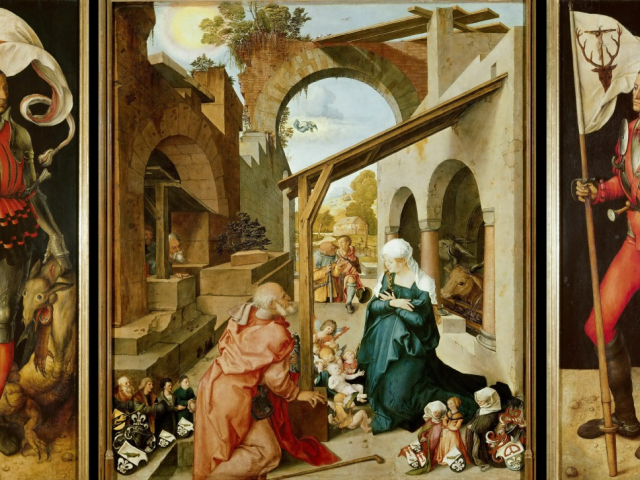
Albrecht Durer's paintings
Hans-Joachim Bohlmann is considered one of the most famous vandals in the art world. Since the 1970s, he has damaged more than 50 world masterpieces. Among them were the works of Albrecht Durer, one of the greatest painters of the Western European Renaissance. Bohlmann poured sulfuric acid on such canvases as "Mourning for Christ", "The Seven Sorrows" and "Baumgartners Altar ". It took a total of 10 years to restore these paintings. All the damage caused by the serial vandal to world art is estimated at €150 million.
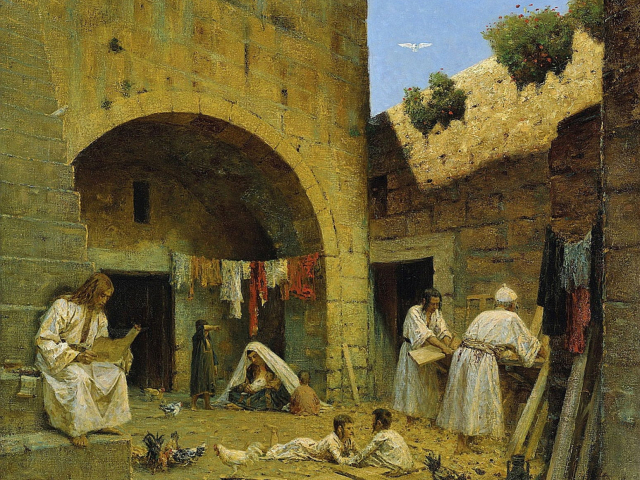
Vasily Vereshchagin's paintings
Some of the works of Vasily Vereshchagin were also severely damaged by acid. Unfortunately, those paintings, namely "The Resurrection of Christ" and "The Holy Family", were wrecked beyond repair. In 1885, they were vandalized by a religious fanatic. He considered that the gospel stories were depicted against the traditional canons. Thus, they offended the feelings of true believers. Notably, the painter had many opponents. Both the Orthodox and Catholic Churches recognized his works as blasphemous.
 Български
Български 
 Русский
Русский English
English Bahasa Indonesia
Bahasa Indonesia Bahasa Malay
Bahasa Malay ไทย
ไทย Español
Español Deutsch
Deutsch Français
Français Tiếng Việt
Tiếng Việt 中文
中文 বাংলা
বাংলা हिन्दी
हिन्दी Čeština
Čeština Українська
Українська Română
Română
